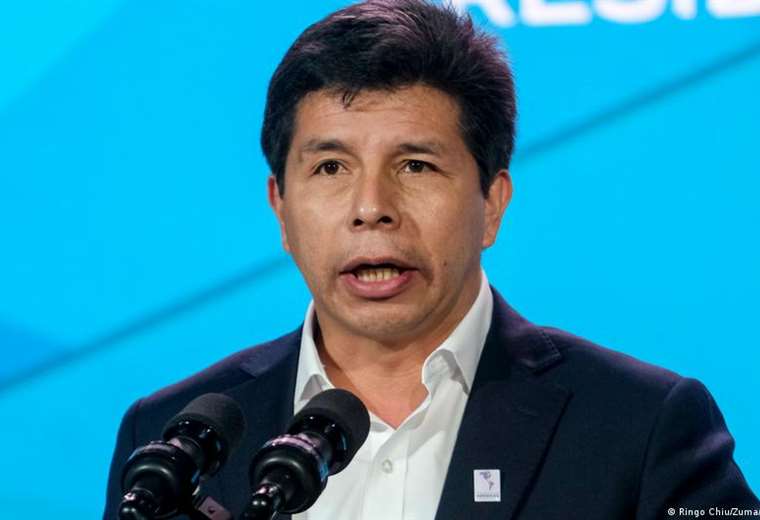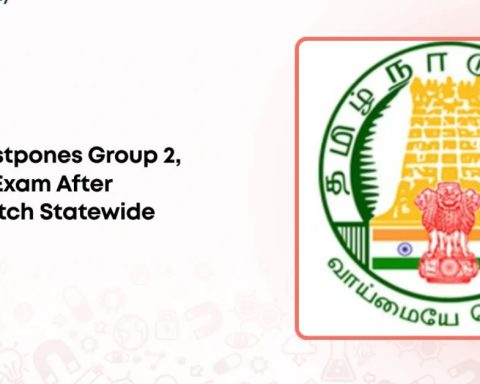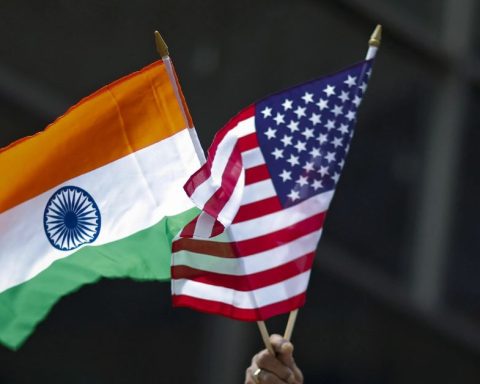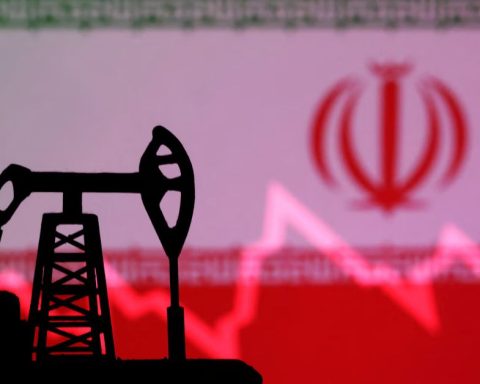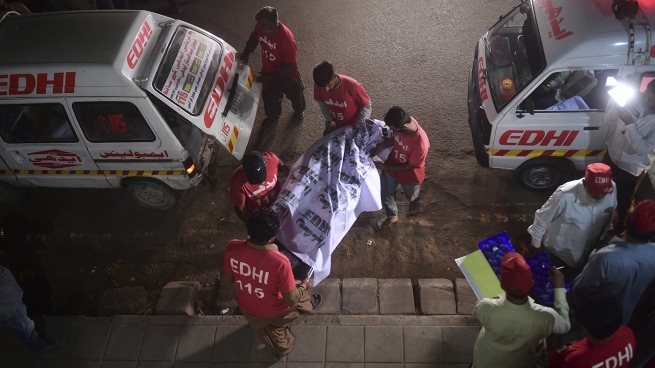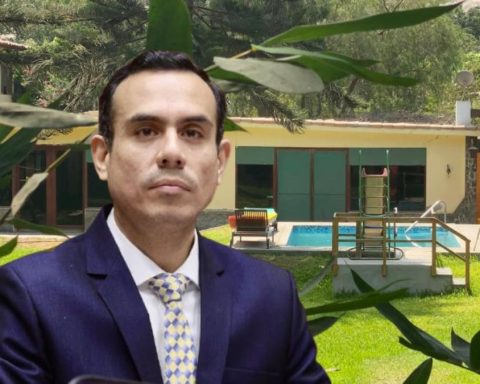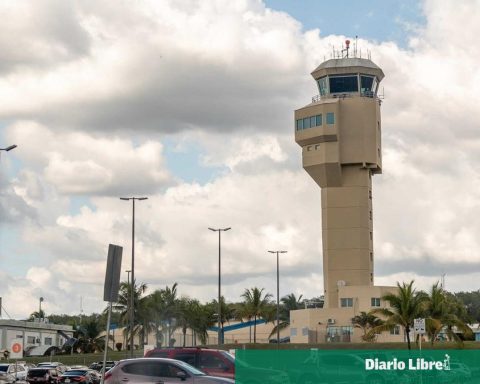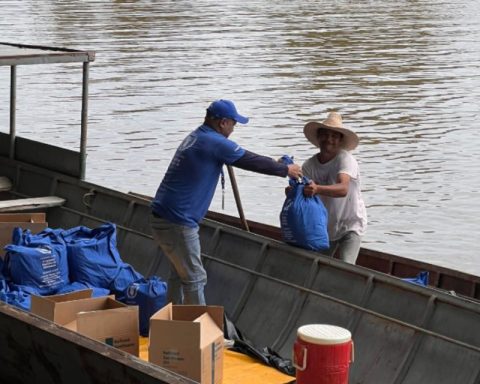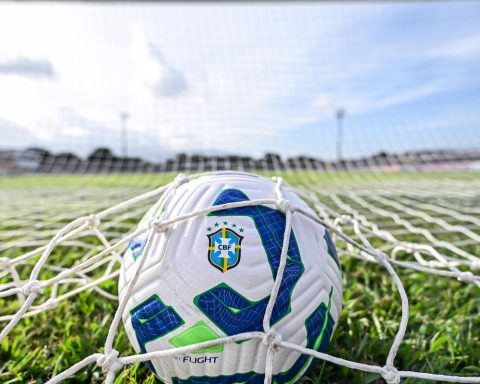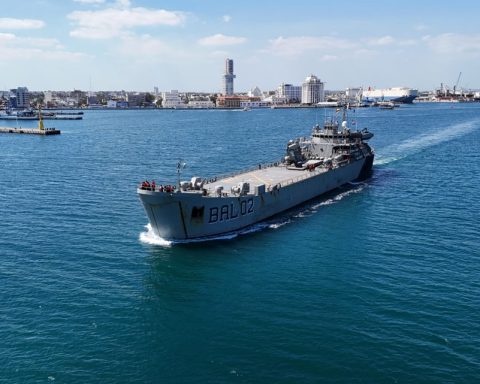October 13, 2022, 7:39 AM
October 13, 2022, 7:39 AM
The recent accusations against Pedro Castillo have brought the political crisis to Peru to a new level, despite the fact that the South American country has been used to huge corruption scandals surrounding its presidents for years. This Tuesday, the nation’s prosecutor, Patricia Benavides, accused the questioned left-wing president of being responsible for the existence of an “alleged criminal organization entrenched in the government.” “Using public office for personal enrichment is no longer immoral, but criminal and abominable,” Benavides said at a press conference in Lima in which she filed a constitutional complaint against the president.
Though Castle He has been accused of corruption for some time, it is the first time in the contemporary history of the country that Justice seeks to bring a president to the dock during his mandate, and that he asks Parliament to lift his immunity. If the ever-unpredictable Peruvian Congress accepts the complaint, Castillo could be suspended from his post in the coming weeks. Is the end of Castillo’s short and chaotic presidency in Peru near then?
Chaos during the Castillo government
The truth is that recent months have plunged Peru’s fragile democracy even further into political crisis. Castillo came to power by surprise in 2021, at the head of a party with a radical leftist program, Peru Libre. His victory was attributed to the enormous discontent of Peruvians with their democracy after years of corruption scandals. Castillo, a former Andean rural teacher, started his mandate on the wrong foot, since a large part of the discredited political elites never accepted his defeat. The most radical opposition accused him of orchestrating electoral fraud without presenting evidence, and in his first eight months in office the president faced two attempts by Congress to remove him based on a vague constitutional figure, the declaration of presidential vacancy.
Castillo himself, however, has justified the criticism against him with a disastrous management. And many experts consider the accusations of corruption well founded. “There are very serious elements that syndicate the president and those closest to him,” Edward Dyer, a constitutional lawyer and political analyst from Lima, tells DW. “It is true that the corruption that exists around him splashes him in a clear and notorious way,” also considers the political scientist Alonso Cárdenas. For this reason, not only the radical right-wing opposition, but also broad sectors of society are calling for the president to leave, whatever it takes. Peru has long lived in a climate of political pessimism that has fueled the most radical discourses.
Doubts about the constitutional complaint
And the country is now debating the legality of the complaint filed by the Attorney General’s Office, which accuses Castillo of aggravated influence peddling and collusion for personal enrichment. “The complaint should not prosper, because in the Peruvian Constitution there is an article that establishes protection for the president,” Dyer believes. “The president can be accused, while he is in office, only for treason against the country, for preventing elections, for not letting Congress work or for impeding the operation of the National Elections Jury,” he lists. The same argument is followed by Omar Cairo, another expert on constitutional matters. “There is no other remedy for Congress, if it respects the Constitution, than to declare the complaint inadmissible,” Cairo told DW.
Dyer points out, however, that the current Peruvian Congress, surrounded by multiple corruption scandals and more discredited than Castillo himself, could be unpredictable when it comes to voting on the complaint against the president.
The political scientist Cárdenas believes that in the end the political survival instinct of the congressmen comes first, since the fall of Castillo could reinforce the clamor of the citizens so that general elections are called and a new Executive is elected. “I believe that the congressmen are not going to risk their permanence in power under any circumstances, even if that means that President Castillo continues his mandate,” he says.
No way out of the crisis
It seems more certain, however, that the country’s political crisis has entered a dead end. “What has been going on in Peru for years is a process of decomposition of political institutions that has been going on for years, even decades, and that the pandemic has accelerated,” summarizes Cárdenas. The events of recent years seem to prove him right. In Peru, all democratically elected presidents since the end of Alberto Fujimori’s authoritarian regime in 2001 have been formally investigated or charged with corruption after coming to power.
